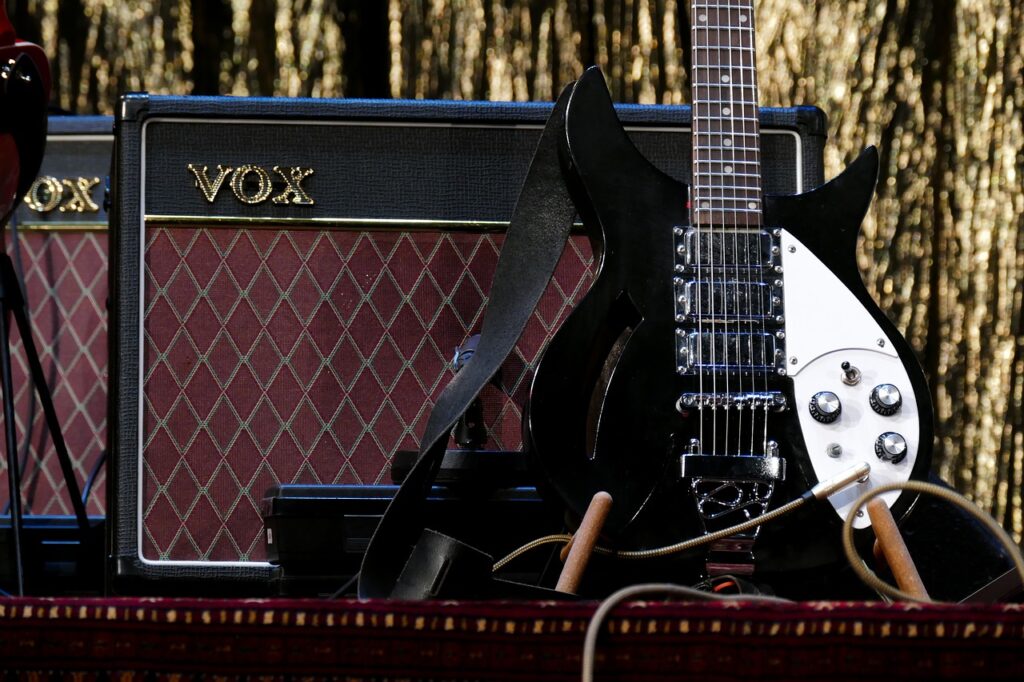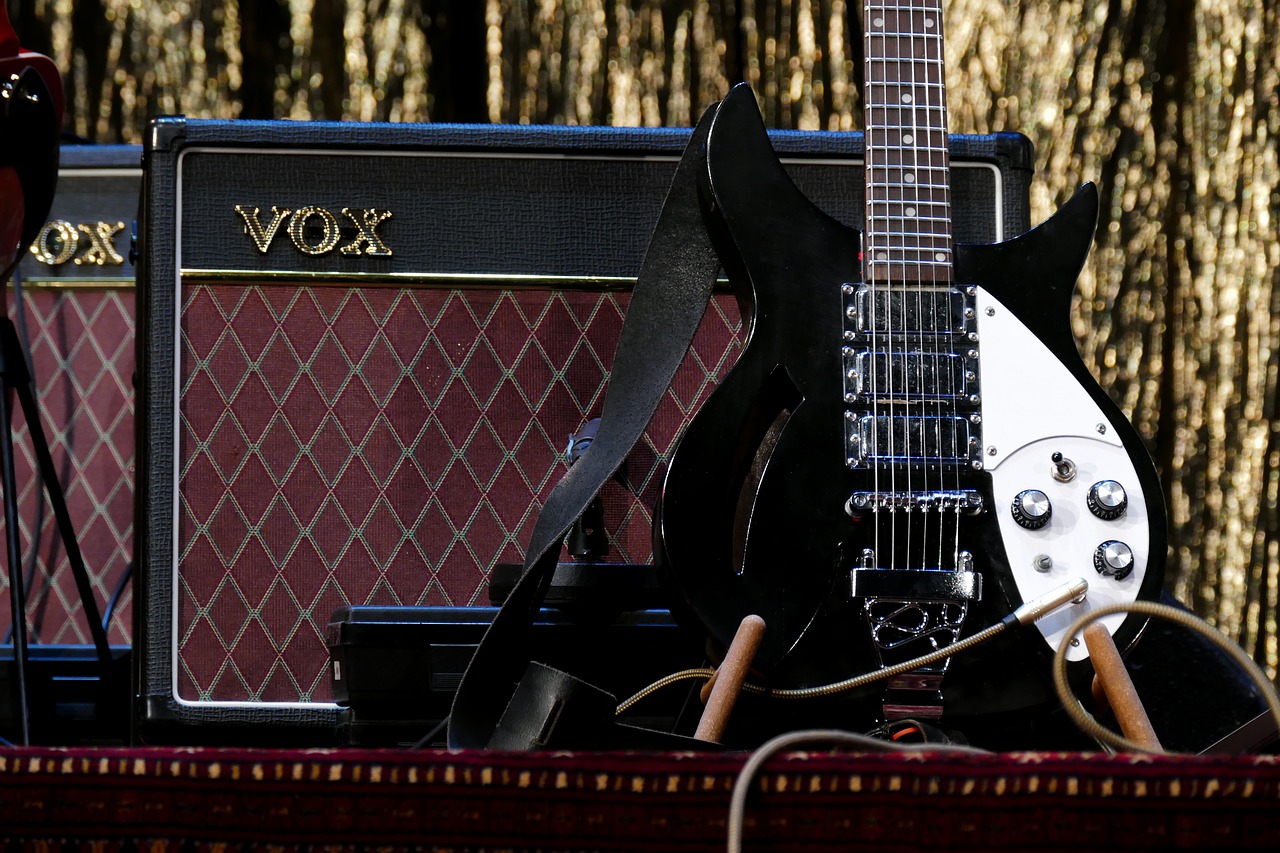The Spanish post-rock band Toundra has set the German silent movie classic “Das Cabinet des Dr. Caligari” to music. This made me very curious, so I arranged an interview with guitarist Esteban Girón.
Because of the turmoil around Corona everything has shifted a bit. Actually the interview should have taken place right after the April playlist, in which Toundra was mentioned. But that doesn’t matter. Postponed is not cancelled. Today is the day and I can proudly present you the interview with Esteban.

In 2007 some former members of the bands Nacen de las Cenizas and Ten Minute Man laid the foundation for a new music project – Toundra was born. Read more about this topic here: https://www.independent.co.uk/topic/rock-and-roll
In May 2008 the band released their debut EP “I”. In the meantime, Toundra have recorded their sixth album and enjoy growing popularity not only within the post-rock scene. After a few changes in the line-up the band now consists of Esteban Girón (guitar), David López (guitar), Alex Pérez (drums) and Alberto Tocados (bass).
Anne: Hi, thanks for taking the time for the interview! How are you doing at the moment? Corona has unfortunately shut down the whole music scene. How did you deal with the situation? Were/are there any online events?
“Online events are not for us”
Esteban: Hi, first of all thank you very much for this interview and sorry that it only works now. As you already mentioned, COVID-19 has changed the whole world. We were a little bit disconnected from everything that has to do with the band besides our music. These are really hard times – especially if your work is to bring people together at concerts. We’ve been writing new music and keeping a low profile from the press and other people who are not directly connected to our music. For us it was a positive experience at first. We don’t think online events are the natural habitat for our music, so we didn’t organize any. We also don’t feel comfortable with this kind of events. For us, music is simply music and not pictures, fashion or social media.
Anne: Who came up with the idea to set “The Cabinet of Dr. Caligari” to music? What is your connection to this film?
Esteban: A promotion company in Madrid, which deals with classical music films, contacted us and asked if we would like to do it. There was talk of only one show in a big cinema in Madrid. The process and the performance were wonderful. The music came to us very quickly and people liked the show. So we decided to do it again, record an album and enjoy the moment. I studied the film carefully when I was at university and the political message, the anti-fascist plot were very special for us. We love this film for one of the most important reasons ever.
Anne: The album is divided into acts. Did you analyse the individual parts of the film when you wrote the music for it?
We know every part of the movie
Esteban: We watched the film hundreds of times. We know every part perfectly. We watched the film two or three more times at home with our instruments. Each one for himself. We tried to imagine what kind of music would be perfect for which scene. Then we repeated it together in the rehearsal room. It was difficult because it was something we had never done before. But it was also easy because this film has an enormous visual power. That helped us a lot to write music for it.
Anne: Your previous albums are numbered (except the last one called “Vortex”). Why did you decide to do that? Do they belong together? What is the concept behind it?
Esteban: It was just a joke. We love Led Zeppelin and we wanted to do it as a kind of tribute to this band. But actually it’s just a joke. Actually you can see the “V” of Vortex as five (V.)
Anne: You guys are from the hardcore scene of Madrid. How is it different in your eyes from the post-rock community? Or are the transitions there fluent?
“The scene today is a Facebook event”
Esteban: Those times were really good. Really funny. We were just kids who organized shows and went to shows. The music was really bad. The metalcore and emo times were really funny. There were some good bands like Gone With The Pain (where Alex played drums). Pretty much music was scary. But those times were better than today where everything is digitally connected. The scene is now a Facebook event. I don’t want to be a part of it. We all knew each other back then and after years of friendship we formed the band. There were a few post-rock bands in this scene. Music is about freedom. There are no more rules than the rules you can see in a pentagram.
Anne: In your music hard passages alternate with soft, melodic parts. Would you say that this describes your personality?
Esteban: Yes, we are bipolar!
Anne: You named your last album after the Vortex Club in Siegen. A German film and a German club. Do you have a special connection with Germany or is it a coincidence?

